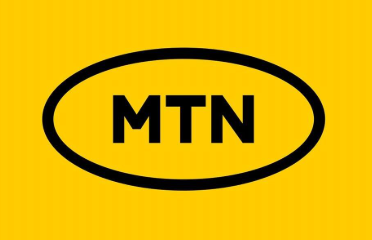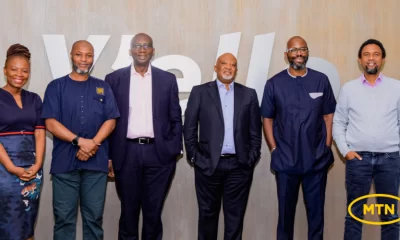Despite losing about 10 million customers in 2017, the last quarter of the year, however, showed that telecommunications operators’ growth performance actually leaped by 3.69 per cent.
National Daily gathered that the operators, the quartet of MTN, Globacom, Airtel, and 9Mobile, which had their growth contracted in the first three quarters of the year by negative 8.15 per cent; 6.15 per cent, and 2.22 per cent respectively, moved positively to 3.69 per cent in Q4.
According to statistics from the Nigerian Communications Commission (NCC), MTN, whose growth went down by 5.25 per cent in Q3, resurrected with 5.25 per cent growth in the last quarter of 2017. For Globacom, from 0.16 per cent loss in Q3, it bounced back to growth with 2.19 per cent in Q4.
India-owned Airtel happened to be the only operator that maintained a fairly stable growth, moving from 1.49 per cent in Q3 to 7.53 per cent in Q4. Apparently due to the challenge of losing majority shareholder over a protracted $1.2billion loan, 9Mobile, formerly Etisalat, has been on a steep fall from 4.54 percentage growth losses to 1.14 percentage losses in the last quarter of the year under review.
Further analysis of the statistics showed that Internet penetration increased marginally to 98.3 million in December 2017 against 94.8 million recorded in November, showing an increase of 3.57 million.Airtel, MTN, Globacom earned more Internet subscribers during the month in review, while 9Mobile Internet users dipped.
The Data breakdown revealed that MTN gained the most with 2, 642.666 new Internet users, raising its subscription in December to 36,069,697, from 33, 426, 931 in November. Airtel added 911,040 new Internet users in December amounting to 23,985,203 users against 23,074, 163 subscribers in November. Globacom also gained 87,538 new users in December as the figure recorded was 26,997,917 against 26,910,279 in November.In the period under review, 9Mobile however, unlike others, fell by 68,341 Internet users in December, slashing its subscription to 11,407,180.
Meanwhile, speaking from Singapore, the Executive Vice Chairman, NCC, Prof. Umar Danbatta, who hailed the new licensing of Infrastructure Companies (InfraCos), assured of them improving Nigeria’s broadband landscape.
Danbatta described the move as a key step to ensuring the deployment of infrastructure for the telecommunications sector.Speaking at a panel session of the International Institute of Communications (IIC), and Regional, Telecommunications and Media Forum in Singapore, Danbatta noted that the Commission had to develop innovative solutions to fast-track infrastructure deployment with a view to deepening the nation’s broadband penetration.
The board of the NCC had recently issued two additional Infraco licences to Zinox Technology Limited for South East, and Brinks Integrated Solutions Limited for North East, bringing the total number of Infracos licenced so far to four.
The NCC boss, therefore, called for the development of human capital that is in tune with the dynamism of the industry to achieve the desired balanced regulatory intervention.
“Regulators must consider the idea of having in-house Research & Development units that reach out, and collaborate with researchers, academia in order to align and be abreast of technological innovations and trends,” he explained.
Also, in a paper titled: Building Institutional Capacity and Human Capital: How A Regulator Builds Capacity That Fits For Purpose In A Rapidly Moving Environment, Danbatta told the gathering that the NCC would continue to ensure that its institutional structure remained pliable enough to tackle emerging technologies and exigencies of the telecommunications sector.
He said the Commission’s performance had attracted the recognition of numerous reputable institutions both locally and internationally, especially in the last two years.
“In 2017, the Bureau for Public Service Reforms, Nigeria reviewed the Commission’s structure, processes, and work culture, scored it a platinum category and recommended it a model for other public institutions in the country to emulate,” he added.

 Business1 week ago
Business1 week ago
 Football1 week ago
Football1 week ago
 Entertainment6 days ago
Entertainment6 days ago
 Latest1 week ago
Latest1 week ago
 Entertainment3 days ago
Entertainment3 days ago
 Business1 week ago
Business1 week ago
 Latest1 week ago
Latest1 week ago
 Comments and Issues6 days ago
Comments and Issues6 days ago













